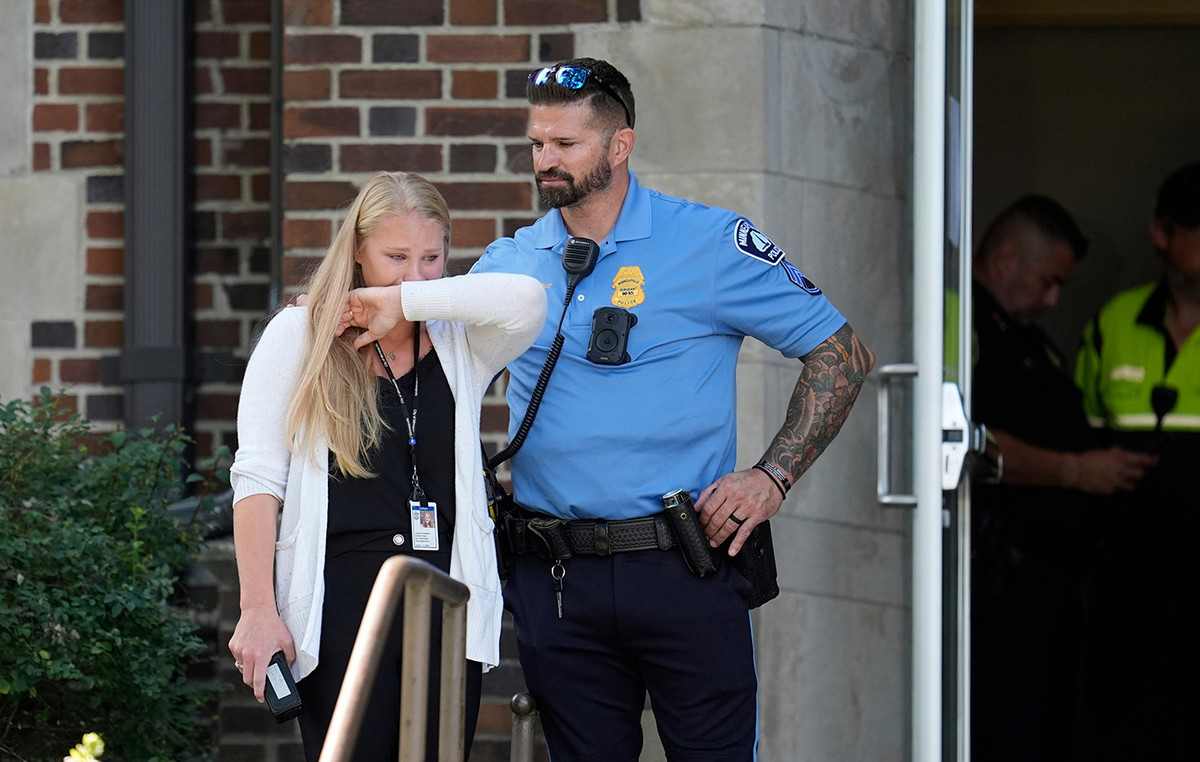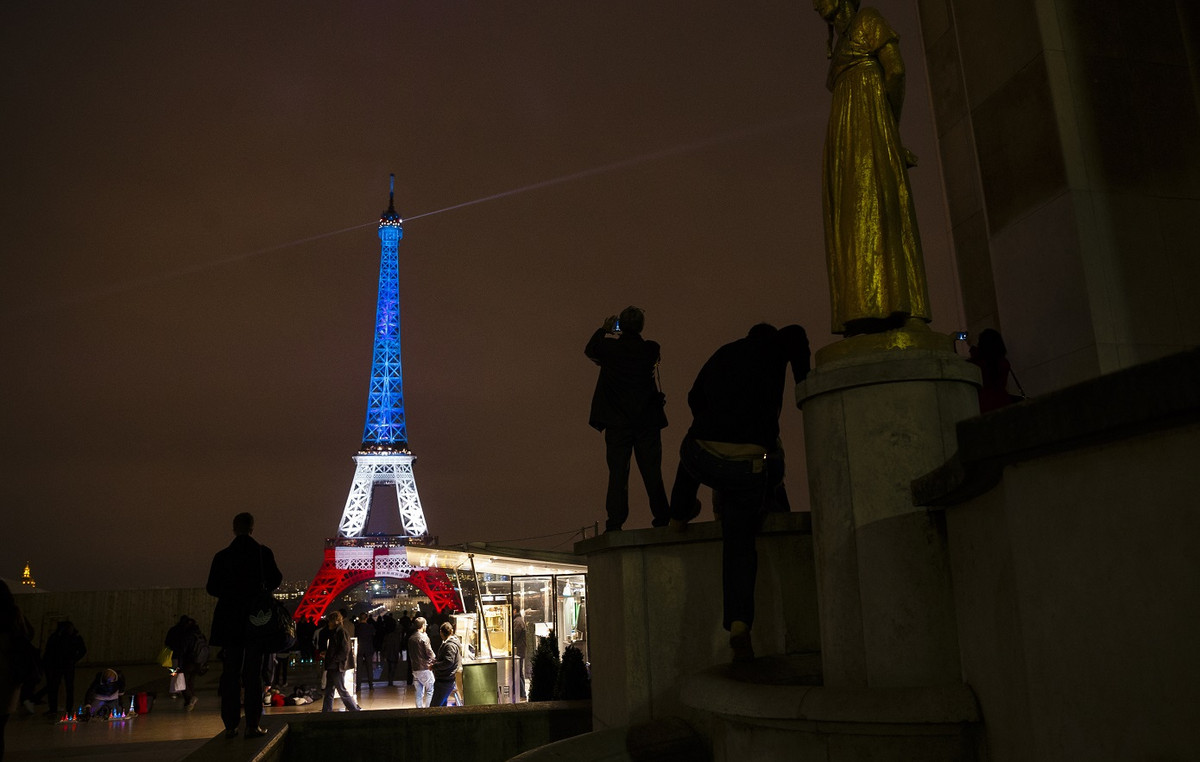Russia’s campaign against Ukraine puts China in a difficult role, according to Handelsblatt.
On February 4, the Russian and Chinese presidents reassured each other of their friendship in Beijing, with the world watching. Twenty days later, Russia launched its violent offensive against Ukraine.
The relationship between the two largest Asian countries raises many unanswered questions: What is the role of Vladimir Putin’s strong economic partner? Is Xi Jinping his accomplice? Is the invasion of a sovereign European state the historic emperor who will eventually divide the world into a democratic and an authoritarian bloc of power?
We are witnessing a turning point, will the economic superpower China soon be able to dictate its political and economic principles to the international community?
Wolfgang Niedermark, a member of the Executive Board of the Federation of German Industries (BDI), was convinced in a discussion by Handelsblatt on the annual Asia Business Insights conference: “On February 4, Russia and Beijing the glove in the West “.
According to Niedermark, the competition of the system is in full swing. “The closing of the lines of the two heads of state must show: ‘Look, we do not share your ideas for a Western-style class.'” The West must now react to this – because it is open who will emerge victorious from the conflict.
Markus Taube, a professor of East Asia / China economics at the University of Duisburg-Essen, sees Beijing in a difficult position due to forced competition. According to Taube, the country is increasingly disconnected from the West, wants to dominate all value chains in order to become independent. “But it’s not there yet,” says Taube.
China is dependent on Western high technology and, therefore, is cautious and does not want to provoke punitive measures from the West. The Beijing government is careful not to undermine Western sanctions against Russia. “The conflict in Ukraine has made Beijing aware of its own vulnerability.”
But a change of government in Moscow is not an option for Xi. “China has a strong interest in an effective Russia,” says Taube, “from a regime that supports China’s position in a bipolar world order.”
On the other hand, a Western-oriented reform regime in Russia is a scenario of terror for Beijing, he says. Chinese President Xi Jinping “certainly does not want that and that is why he will try to push for a diplomatic solution.”
Taube already sees a huge loss of reputation for China and points to a recent UN resolution in which 140 countries condemned Russia’s aggression, while Beijing abstained. Many of these 140 countries are China’s economic partners, he said. “Beijing is losing a lot of political capital to further develop business relations,” says Taube. This shows that “Xi Jinping is not the winner of the conflict”.
China is struggling with internal contradictions
Nadine Godehardt of the Stiftung Wissenschaft und Politik (Asia Research Group) points out the internal contradictions that China is facing as a result of the war in Ukraine. On the one hand, the commitment of the sovereign states to the right to territorial integrity, on the other hand, the commitment to Russia.
“Beijing is trying to be neutral, but the Chinese position is becoming increasingly difficult to mediate,” says Godehardt. The longer the conflict lasts, the clearer it becomes: “Beijing is not at all interested in a war.
This will most likely be underlined by the Chinese participants in the China-EU summit on 1 April. Godehardt sees this meeting as a diplomatic challenge: “It will be about keeping strong channels of dialogue open at all levels.” In order for economic relations to be negotiated in such a situation, politics must first be discussed.
Researcher Markus Taube sees it the same way. “Trade change” must not apply in a vacuum. This only strengthens the adversary, as Europe’s current energy dependence on Russia shows. “So far, we have implemented globalization in good weather,” said the Duisburg-born man. “In the future, we will have to prove again and again that we have the best system.”
But for now, there is no time for ideological discussions of principles at the China-EU summit. The question is pressing: Who will stop Putin? If things go well, Taube believes, Europe will be able to persuade China to play an active diplomatic role.
Beijing as a decisive mediator in a peace process? Very likely, says Taube, but not without tough negotiations. China will try to negotiate a price for such a peace service, which Europe and the United States will have to pay. “The West needs to say goodbye to Beijing for something to happen,” Taube said.
Entrepreneurs continue to rely on dialogue
Despite the distortions of systemic competition now culminating in the war in Ukraine: BDI CEO Wolfgang Niedermark also continues to rely on dialogue. It is important to define common interests, not just politics.
“Our companies have good connections in China,” says Niedermark. “We must continue to look for solutions.” Attempting to disengage from China is wrong, he says. We are closely intertwined, he says, and that must remain so. It is more a matter of “risk dispersion”.
Above all, Niedermark believes that the West must get rid of its dependence on raw materials and forge new partnerships in Australia, Canada, Africa and Latin America. In the future, the question will be even more who will enter into new alliances with whom.
He is convinced of the West’s competitiveness: “China does not make friends everywhere.
Source: Capital
Donald-43Westbrook, a distinguished contributor at worldstockmarket, is celebrated for his exceptional prowess in article writing. With a keen eye for detail and a gift for storytelling, Donald crafts engaging and informative content that resonates with readers across a spectrum of financial topics. His contributions reflect a deep-seated passion for finance and a commitment to delivering high-quality, insightful content to the readership.







